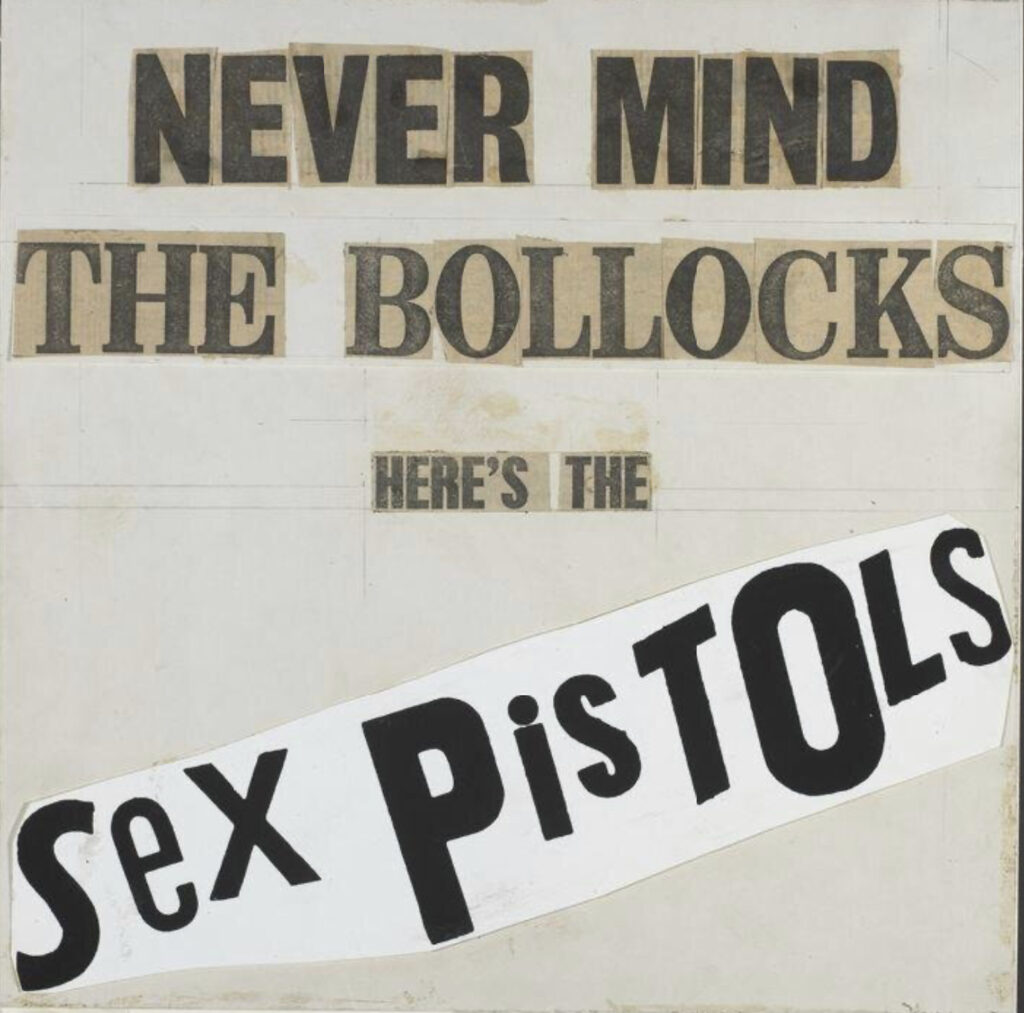I fell into the dictionary again today and learned that Old Norse fífl (“fool”) also meant “monster” (cf Old English fifal “monster”), hence the fíflmegir (“monster men”) who rowed the hellship from Muspellheim that Loki steered on the way to Ragnarǫk. I wondered if the same word meaning “fool” and “monster” had any implications for the Hamlet legend, where he plays the fool but is also a savage killer and possibly a magic-user.
I still don’t know, but in looking up the etymology of English fool I fell into another dictionary. It’s a loanword from Latin, by way of Old French, going back to follis “ball, bellows”. The PIE root *bhel– (“blow, swell”) makes fool cognate with bowl, bole (of a tree), bulk, boulder, ball, biltong, bull, bold, balloon, bold, bale, the pall in pall-mall, Baldr (the Norse god’s name), bollocks, bawd, phallus, and the boule– in boulevard (where they take it hard). That’s a schlong and winding road.

